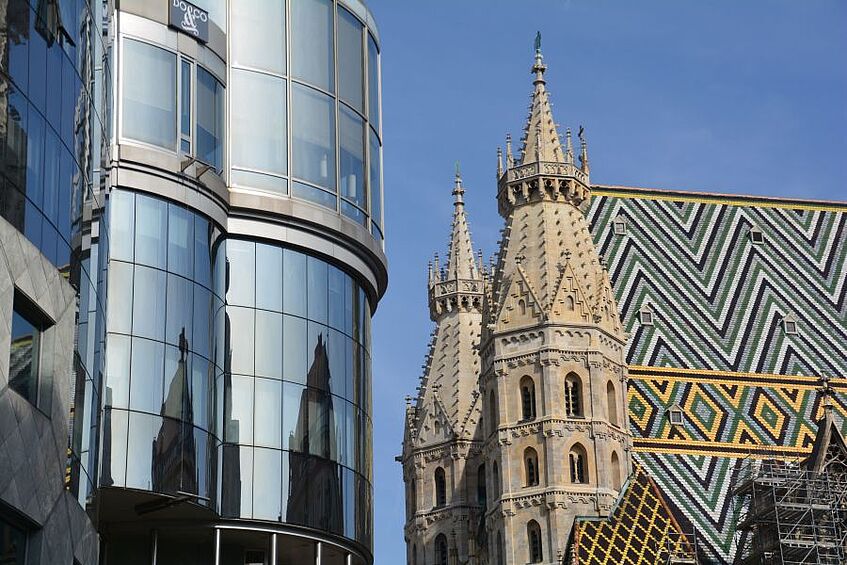Catholic Theology (Diploma)

© Rudolf Kaisler
The diploma programme in Catholic Theology offers a theological education as well as an academic preparation for future employment. It specifically addresses people who want to obtain priesthood and other professions in the service of the Church (e.g. academic pastoral assistants). The degree programme also prepares students for future employment as theological professionals in ecclesiastical and non-ecclesiastical institutions, and in academic teaching and research. Thus, the degree programme in Catholic Theology prepares students for professions, tasks and activities that require and strive for a broad and well-founded examination of the Christian revelation, the development of Christian faith and ecclesiastical life in the horizon of the mental, social, cultural and religious frameworks in past and present.
Students have to provide evidence of knowledge in Latin and Greek before they complete their first stage of the degree programme.
Mag. theol.
Degree Programme Code: 011
10 semesters (6+4)/ 300 ECTS credits
Language: German
NO entrance examination
Facts & Figures
- Students: n.a.
- Graduates in the last academic year: n.a.
- Number of semesters needed for graduation (median): n.a.
Data updated on: 03.12.2024
Attention
Instruction Language German
Please note that the instruction language of this programme is German. To start the degree programme, you need to hold a certificate of German proficiency on C1 level.
Study programme
The diploma programme in Catholic Theology is divided into two stages. The first stage consists of an Introductory and Orientation Period (STEOP) and subsequent basic and advanced courses in the core subjects of Catholic theology (biblical studies, biblical Hebrew, Christian philosophy, church history, etc.) and ends with the first diploma examination.
The second stage consists of advanced courses and aims at improving students’ knowledge. To successfully complete the diploma programme, students have to write a diploma thesis. Following the positive assessment of the diploma thesis, students have to pass a second diploma examination.
Five concepts
which you will deal with during your studies:
- Philosophy
- Theology
- Religious Studies
- Ecumenical Christianity
- Interreligious Dialogue
... and many more.
Overview of the programme structure & topics
Here you find the current offer of courses for this programme to gain better insight into the topics and structure. For more information please click on the respective level.
After Graduation
Graduates can pursue a career in the following fields:
- priesthood and other professions in the service of the Church (e.g. academic pastoral assistants)
- theological experts in both ecclesiastical and non-ecclesiastical institutions
- academic teaching and research.
Graduates' Perspective on the Degree Programme
Graduates ...
- say that this degree programme receives the grade: 1.7 (good)
- rate the level of difficulty as: 3.9 (hoch)
→ These results are basd on feedback from 22 graduates.
*You can find further assessments of the degree programme from its graduates’ perspective in the graduate survey of the diploma programme in Catholic Theology graduation survey (in German).

